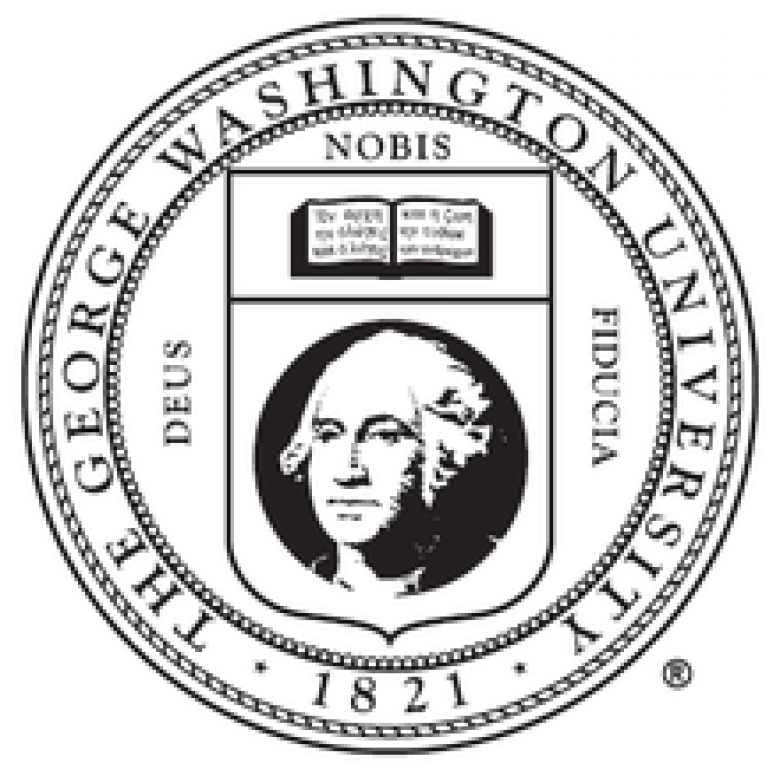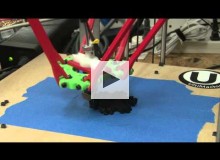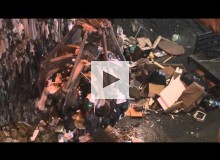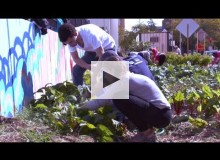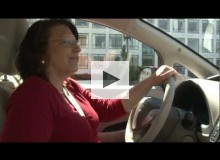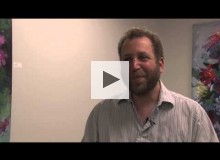Open Dates:
Wednesday, November 20, 2013
Team #THINKFWD is a group of students enrolled at George Washington University's School of Media and Public Affairs that take the Multimedia Reporting to Inform and Engage Class. They produce videos, blogs and social media for Planet Forward as part of their semester, learning video, digital and engagement skills along the way. It's all about storytelling for these students.
How do you move the Planet Forward? Tweet us @planet_forward or contribute to the conversation with your own story.

